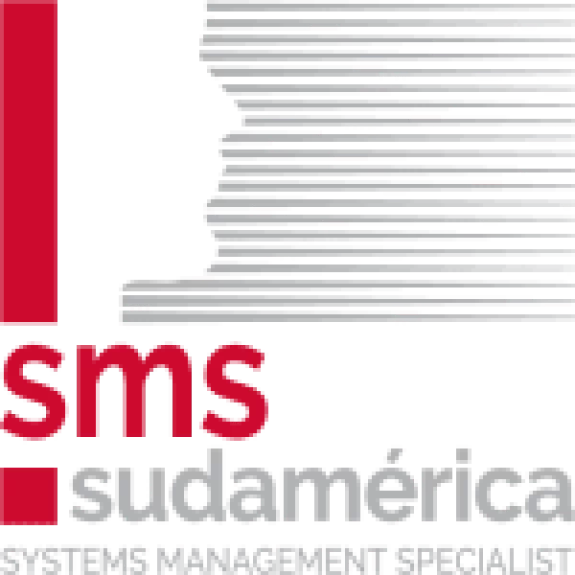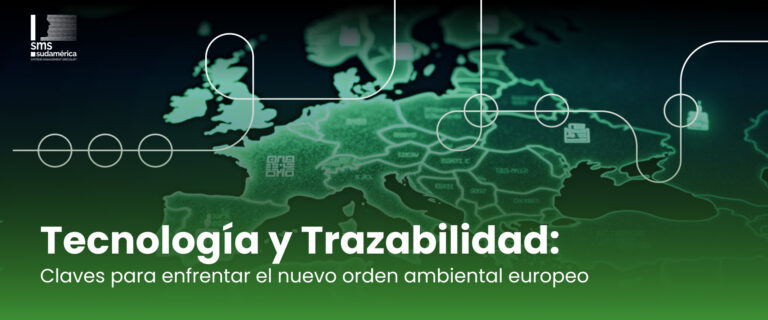Technology And Traceability
Keys to tackling the new European environmental order
The recent implementation of the Carbon Border Adjustment Mechanism (CBAM) and Regulation (EU) 2023/1115 on deforestation-free products by the European Union marks a turning point in the relationship between global trade, the environment, and geopolitics. Although presented as internal climate measures, in practice they have a direct extraterritorial effect on our Latin American economies, and particularly on Argentina, which exports key agricultural and industrial products to the European market.
In the case of CBAM, the requirement to report and then pay for emissions embedded in products such as steel, aluminum, fertilizers, or cement means that our industries will have to measure, verify, and eventually offset their carbon footprint if they want to continue accessing that market. It is a para-tariff barrier, yes, but also a clear signal: the world is moving forward, and it is not willing to wait.
The regulation on deforestation (EU Regulation 2023/1115), meanwhile, prohibits the entry into Europe of products such as meat, soy, wood, cocoa, or coffee that come from land deforested after December 31, 2020, and requires accurate, verifiable, and geo-referenced traceability. This completely changes the rules of the game for countries such as Argentina, where territorial control is fragmented and monitoring systems are still insufficient.
However, and this is key to understand, Argentina has very valuable strategic advantages that could be transformed into real competitive strengths. Our country retains vast productive areas that have not been deforested and that comply with the environmental standards demanded by the world today. We have unique biodiversity, with ecosystems that are still well preserved, and an agro-industrial matrix that can be converted to regenerative, low-emission, and traceable production models.
In light of this, political will and formal statements are not enough: the response must be technological, concrete, and strategic. We need to build systems that integrate satellite monitoring, artificial intelligence, blockchain, and open data platforms to ensure traceability, anticipate risks, and demonstrate environmental compliance. Technology is not only a control tool, but also the only realistic way to compete in a market that demands accurate and verified information.
Yes, it is an uncomfortable situation. But it can also be a great opportunity: to modernize our production chains, differentiate our products, and position ourselves as leaders in responsible production. The green transition has already begun. Adapting is not optional: it is a decision with economic, geopolitical, and social implications.
Note by: Alejandro Diz Ramos

